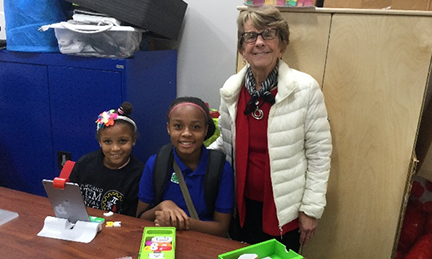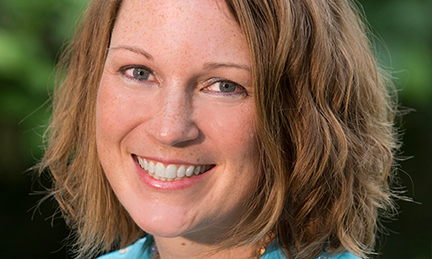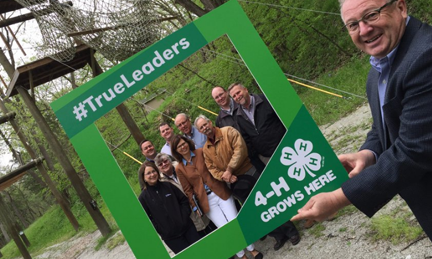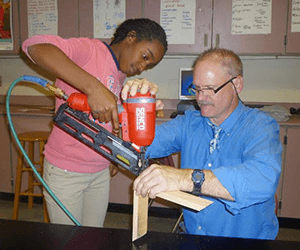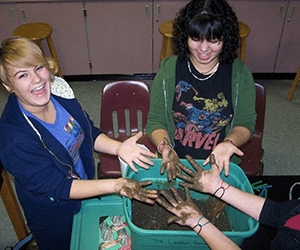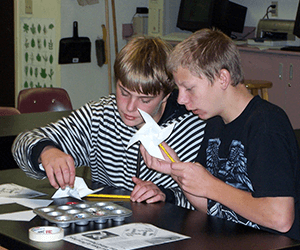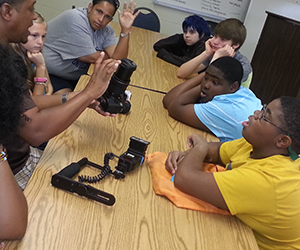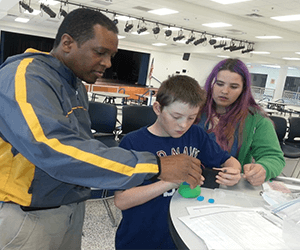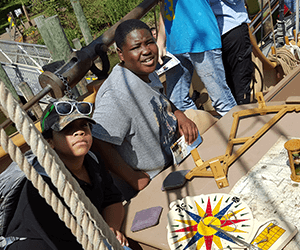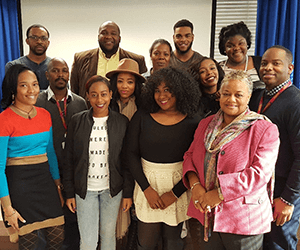From the Mountains to the Sea – Virtual Environmental Education Series
Recommended age: K-12
Courtesy of University of Georgia Cooperative Extension, Georgia 4‑H
Explore environmental education with Georgia’s five virtual 4‑H centers. Lessons will cover a range of topics, including herpetology, entomology and beach or stream ecology. Additionally, the series highlights amenities at each virtual center, such as historic landmarks, salt marshes, tidal creeks, natural history museums, and species exhibits. Sessions take place each weekday at 3:00 pm ET on Facebook.
#EmpoweringMEandYou Stress Less Virtual Workshop
Recommended age: Age 13-18
Courtesy of University of Maine Cooperative Extension, Maine 4‑H
Join the 2020 Maine 4‑H Healthy Living Summit Team for their online #EmpoweringMEandYou Stress Less workshop on Thursday, April 16th, 6:00-7:00 pm ET, for youth ages 13-18. Created and taught by teens, for teens, this workshop will help youth identify the effects of stress and learn positive coping strategies to use for themselves and others.
Join a #EmpoweringMEandYou Workshop
Learning Links
Courtesy of Washington State University Cooperative Extension, Washington State 4‑H
Recommended age: Grades K-12
Learning begins in wonder. Here are some ways young people can explore activities and enrich knowledge while schools are not in session.
4‑H from Home Interactive Webinars
Courtesy of Rutgers University Cooperative Extension, New Jersey 4‑H
Recommended age: Grades 6-12
Register for interactive lessons on topics such as healthy living, STEM, civic engagement, the arts, and more. Webinars take place on Tuesdays and Thursdays from 3:00-4:00 pm ET. This week’s lessons feature Spring Gardening Fun (Tuesday) and STEM Challenge (Thursday).









